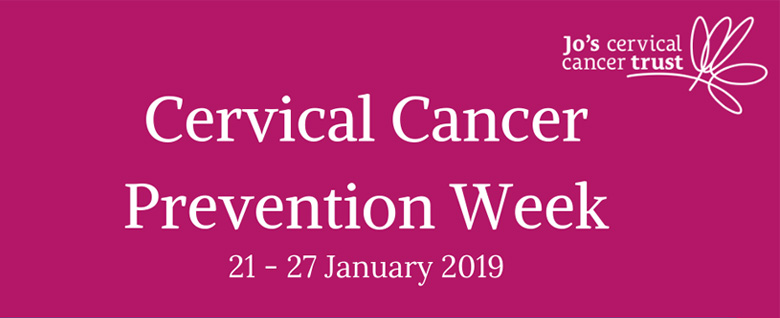The number of women going for smear tests is reportedly lower than ever with over 1.2 million people not taking up their invite each year.
This year marks ten years since the passing of Jade Goody who died at the age of 27 from cervical cancer. Recently on social media the #10YearChallenge has been shared by millions of people posting a photo of them in 2009 and then a photo of them from today. People have now started to use the hashtag to reflect on bigger changes and one of those is the decline in people attending for smear tests. One #10YearChallenge photo that has stood out is a photo of Jade Goody from 2009 in her final days and it is hoped that it will be a stark reminder to those who have delayed or missed their smears to arrange an appointment.
Following Jade Goody’s death, the ‘Jade Goody effect’ was noticeable as more people went for their smear tests and at its peak in March 2009, attendances were 70% higher than expected. Jade managed to reach out and relate to younger women and the hard to reach age group of 25 – 35 year olds. Sadly ten years on, people are missing their smear tests because they say that they feel embarrassed, scared or vulnerable. Now almost half of 25 – 35 year olds are delaying their smears or not having one at all.
Nine women are diagnosed with cervical cancer every day in the UK and two women will lose their lives to the disease each day. Whilst going for a smear test might not be pleasant, it might save your life. 75% of cervical cancers are preventable and therefore understanding the importance of a smear test is essential.
What are the symptoms of cervical cancer?
Cervical cancer develops in a woman’s cervix and often has no symptoms in its early stages. There are however some recognised symptoms which you should be aware of and they are:
- Abnormal bleeding
- Post-menopausal bleeding
- Unusual vaginal discharge
- Discomfort or pain during sexual intercourse
- Lower back pain
If you have experienced any of these symptoms then you should contact your GP as soon as possible. Having these symptoms does not mean you have cervical cancer, but you should seek medical advice to get it checked out.
How can you reduce your risk of cervical cancer?
You can reduce your risk of cervical cancer by doing the following:
- Attend your cervical screening when invited
- Know the symptoms of cervical cancer and seek medical advice as soon as possible if you are experiencing any
- Take up the HPV vaccination if you are ages 11 – 18
- Know where to find support and further information be it online (such as on the Jo’s Cervical Cancer Trust website) or at your GP surgery and family planning clinic
- Talk about it – by talking about your smear to your friends and family, it might just be the reminder or encouragement they need to book their test – it could literally save their life!
This week in aid of Cervical Cancer Prevention Week, Jo’s Cervical Cancer Trust are encouraging everyone to post a #SmearForSmear selfie with a tip or word of support. Smear tests aren’t easy for everyone, but they can save lives. For more information please visit www.jostrust.org.uk




Comments